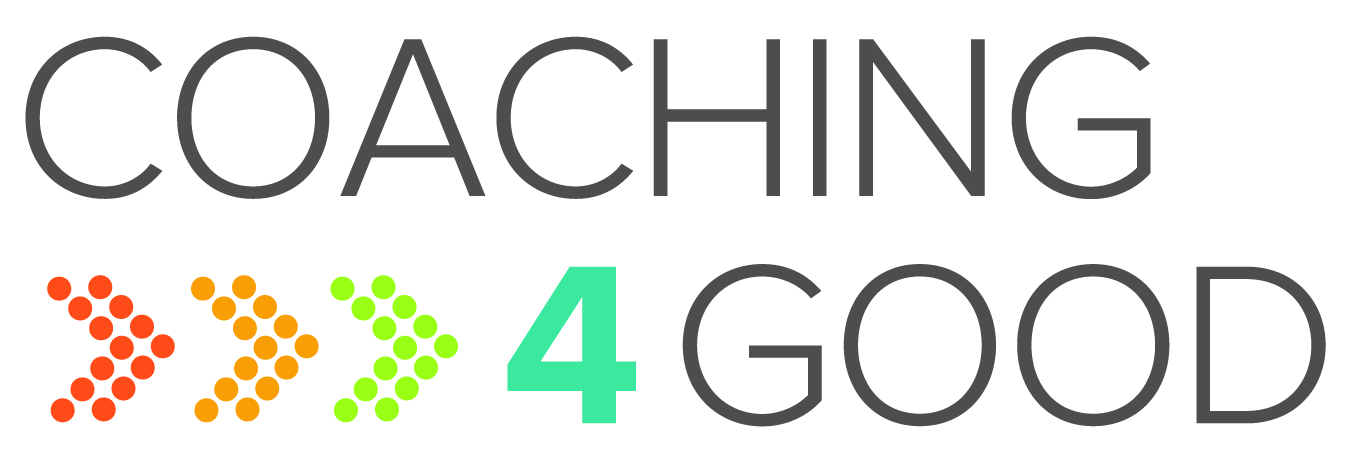
Speaking up for yourself and your own needs does not come easy – it’s a skill we must all learn and practice. Yet with the assistance of a career coach, I’ve also come to learn that self-advocacy is essential for both personal and professional growth.
A Season of Missed Opportunities
During a long day at work, I took a brief break from my desk to stretch my legs. I wandered into the sunlight and walked a few blocks to a store selling hot coffee and sandwiches. I had been working on an essay over the weekend—reconnecting with a long-held passion—and my words were still twisting through my brain, unfinished sentences I was eager to write.
Such stolen moments for finishing my own writing projects had been few and far between. That week, on top of several deadlines at work, I was also slated to attend a meeting to discuss a nonprofit event I had been asked to help plan.
Secretly, I wanted to expand my creative horizons, to also be the freelance writer for the local magazine covering the event in print, not just the one setting up the room. But even though writing was a big part of my job in the fundraising office of the nonprofit I worked for, and even though I had written creatively for years, I had never publicly claimed the title “writer.” Thus,no one knew I was interested. As was my habit, I let the opportunity slip by.
I wasn’t alone. Like many of us, I struggled to apply the skill of self-advocacy: representing my own interests. Only after working with a career coach have I come to think about all the ways having a stronger voice would help me pursue progress in building the writing portfolio I itched to create.
Self-Advocacy Paves the Way for Growth
When applied to personal growth, self-advocacy can be a powerful tool that, as marketing expert Antonio Lucio describes, can “open the door to transformational conversations, build self-confidence, and enable career opportunities.”
In a recent talk at SXSW, Dr. Jennifer Jackson, President of Capital One Canada, explained how the skill of self-advocacy helped her grow her career. She identified her goals, articulated her value, and shared her ambitions with company leadership so they would think of her when opportunities arose.”Remember that your own voice is one of your most powerful assets,” she said. “Use it to share your goals and help make them reality.”
This can be hard for professional women, who are often expected to put others’ needs first. “The same traits that earn respect for others often garner negative reactions for [women and people of color], and we sometimes adjust our behavior accordingly,” Jackson said. “I’ve coached women and men from all backgrounds to not only be ambitious, but to own that ambition when they are willing to put in the hard work to achieve their goals.”
Finding My Voice
I’d never had trouble advocating for others’ needs. For months, I had cared for my father in and out of the hospital when he was too weak to speak for himself. I corrected errors, updated staff on his restrictive diet when issued the wrong meal plan, double checked medication dosages, and alerted doctors of my father’s poor hearing and need for clearly articulated instructions.
Speaking up required setting aside my humility and asserting my father’s needs loudly and clearly. As an introvert who is most at peace when my environment is in harmony, whose first instinct is to be a people-pleaser, this work of speaking up did not come easy. I was often left feeling raw. Yet I could not imagine the possibility of silence in the face of this need.
So when it became apparent that I needed a stronger voice to speak for my own life, why was it so hard for me to be my own advocate?
Shifting Focus
As a new year approached, I admitted it was time to shine a light on my own needs. I made my first appointment with my career coach, and for the next few months, began the focused work of articulating my strengths and goals.
On my coach’s suggestion, I attended my first writer’s conference. To my surprise, once I started positioning myself as a writer, doors opened. A small press editor invited me to stay in touch for upcoming volunteer opportunities and a journalism professor connected me to a private online group for sharing writing leads.
Encouraged by this momentum, I pitched an article to the local magazine that sponsored that nonprofit event I had helped organize, and to my surprise, it was accepted.
Walking a New Career Path
Now I’m working on building a habit of speaking up for what I need. For so long I have been attuned to the needs of others, raising their priorities above my own. Asserting my own needs and value goes against the grain and takes all of my courage.
In her book Wild Words, Nicole Gulotta encourages this brave persistence: “This life-altering season has forced me to confront everything I thought I knew about what serves my writing life,” she said, “and make radical adjustments to keep pursuing my art.”
Like every new skill, becoming a better self-advocate will take time and practice. But as Gulotta reminds us, progress pursuing the path we want “might very well depend on whether or not you ask for what you need and then set out to get it.”
This former Coaching 4 Good client and blog author oversees grants and foundation relations for an Austin nonprofit. She holds a Master’s in Writing and Publishing.









Stay In Touch